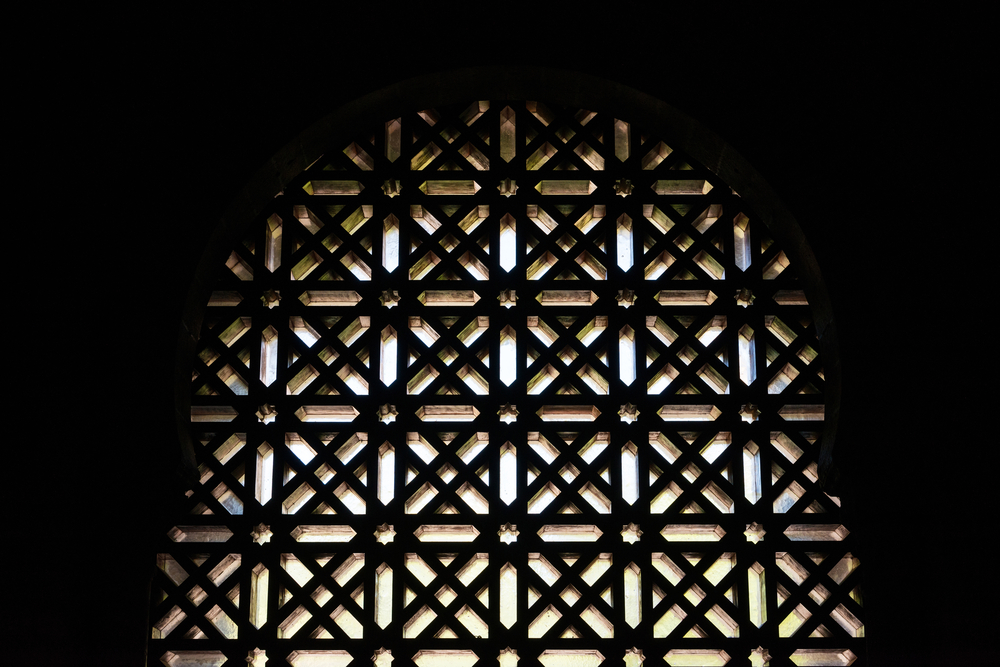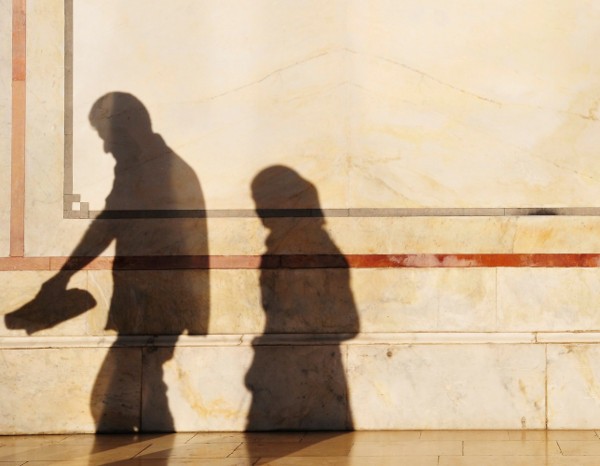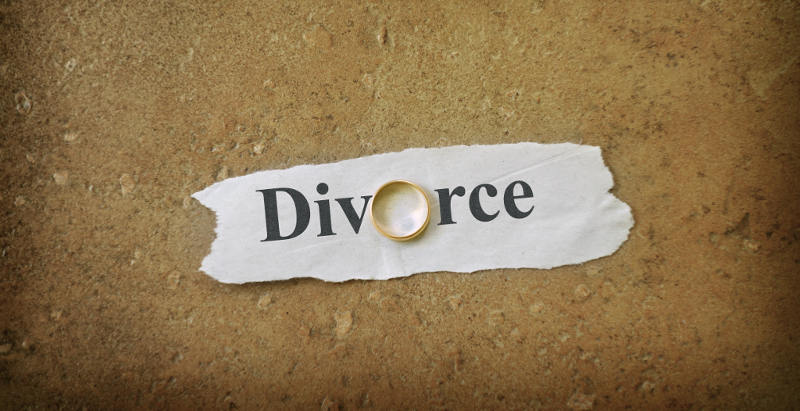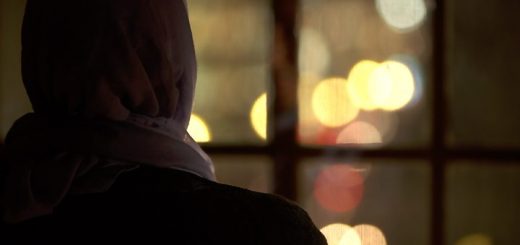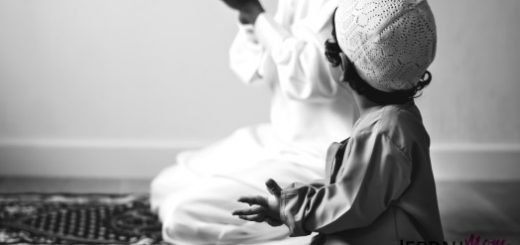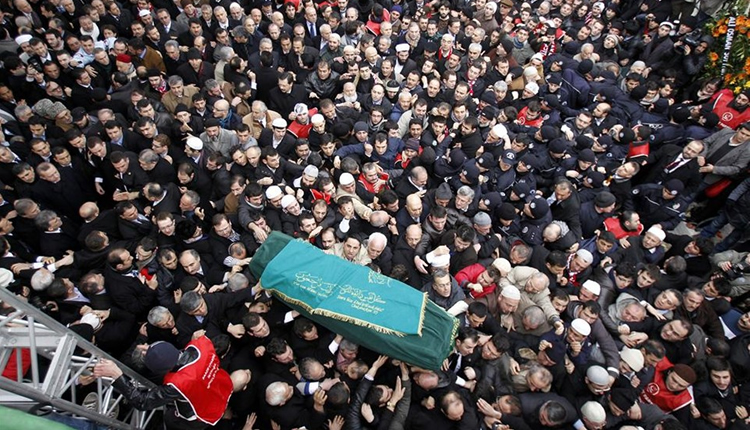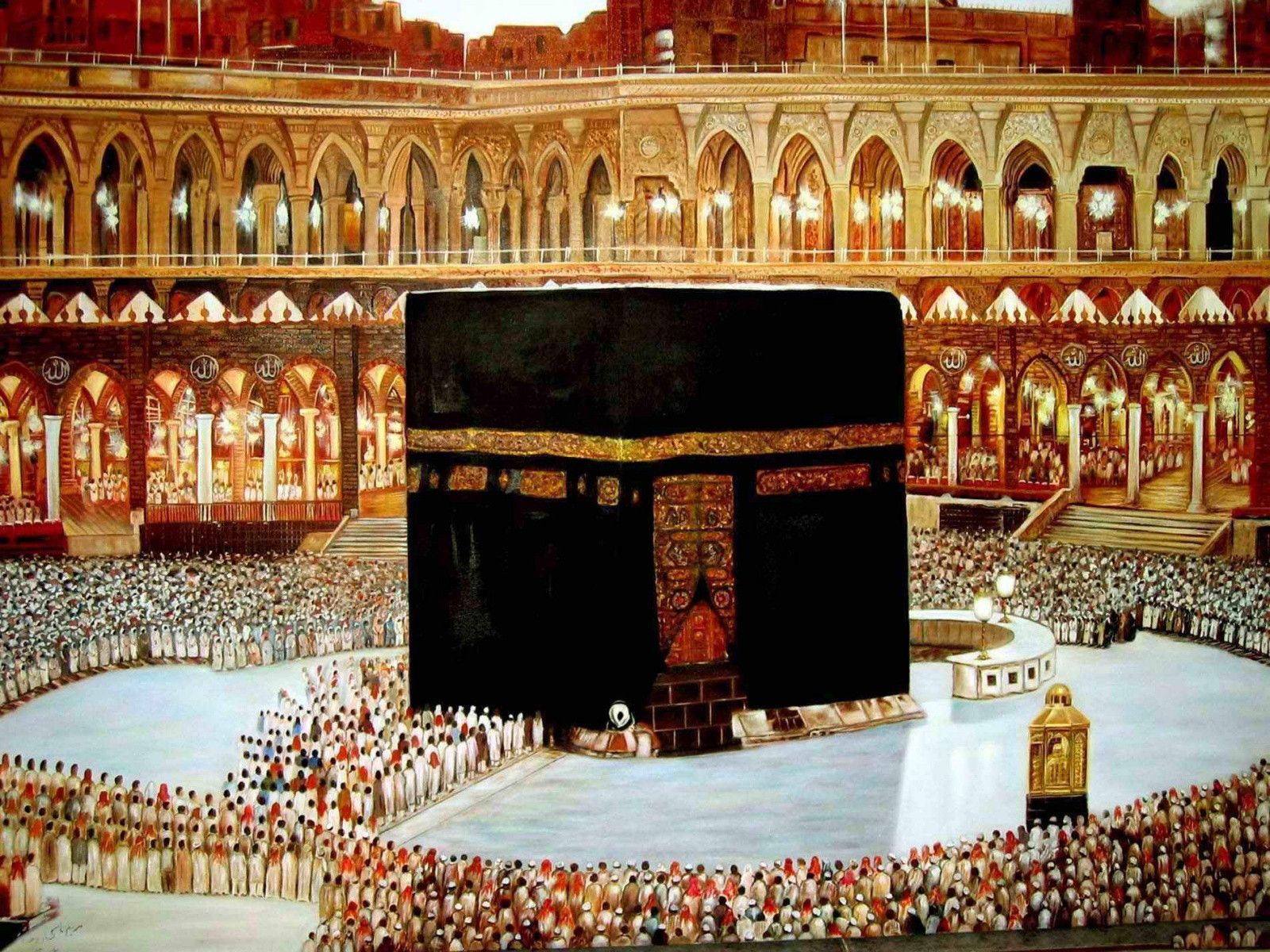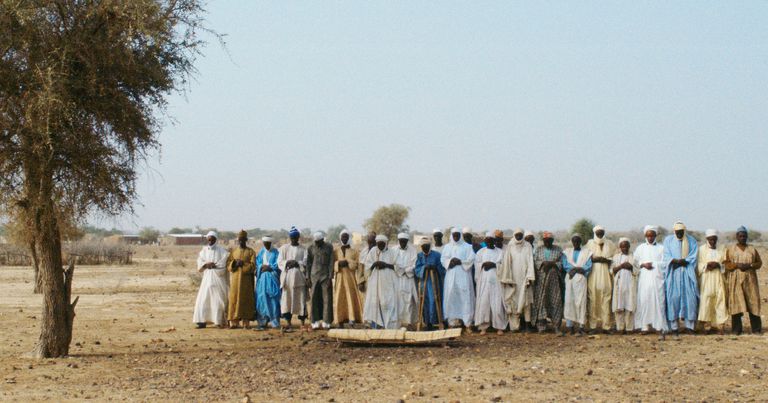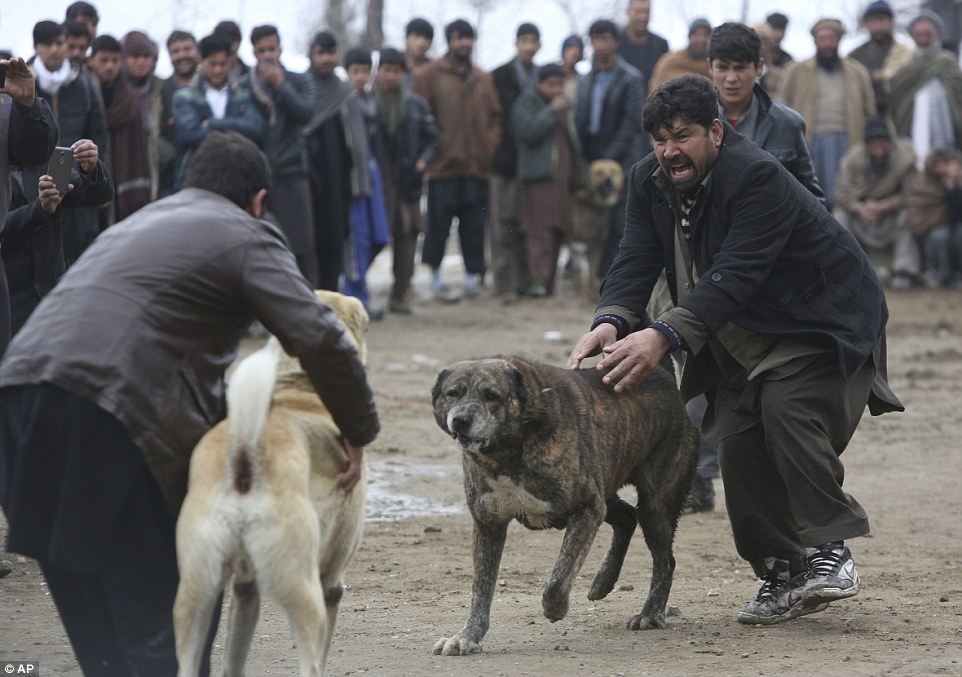QUESTION:
What do the scholars of the Dīn and muftīs of the Sacred Law state regarding the following issue: I got married 6 years ago and I have a 3 year old daughter. My wife and I persistently argue due to which we do not get along. If I give her Talaq (divorce), what would be the Shar`i ruling in the following matters:
(1)Who will my daughter stay with?
(2)If the child’s mother gets married to someone else, who will my daughter stay with?
(3)If the child stays in the custody of her mother, can they prevent me from seeing the child?
ANSWER:
بسم اللہ الرحمن الرحیم
الجواب بعون الملک الوھاب اللھم ھدایۃ الحق والصواب
(1) The girl will stay with her mother until the age of 9, during which the expenses of the child will be necessary upon you. After the age of 9 until her marriage, she will stay with you.
(2) If the girl’s mother marries someone who is a stranger, i.e. a non-Mahram, to the girl, then she will lose the right of custody. Now the girl’s maternal grandmother will be given custody. In the absence of the maternal grandmother, the mother of the maternal grandmother will get custody, and in her absence the girl’s paternal grandmother will get custody. In her absence, custody is given to the paternal great-grandmother. In her absence, other female relatives will be given custody. Explaining the detail of this, Sadr ush Shariah, Mufti Amjad Ali Azami states in Bahar e Shariat, ‘In the absence of the mother, or if the mother is not worthy of custody, or she refuses custody, or marries a stranger, then the maternal grandmother has right of custody. In her absence, custody is for the mother of the maternal grandmother, after which it is the paternal grandmother, then the paternal great-grandmother with the above mentioned conditions, followed by the full sister, then maternal sister, then paternal sister, then full sister’s daughter, then maternal sister’s daughter, then mother’s full sister, then mother’s maternal sister, then mother’s paternal sister, then paternal sister’s daughter, then full brother’s daughter, then maternal brother’s daughter, then paternal brother’s daughter, then in the same order are the father’s sisters, then the mother’s maternal aunts, then the father’s maternal aunts, then the mother’s paternal aunts, then the father’s paternal aunts (in all of these the same order is considered, i.e. full first, then maternal, then paternal). If there is no woman to take custody, or there is but she has lost her right, the custody will be given to the Asabaat (residuaries/father or father’s male relative) in order of inheritance law, i.e. father, then paternal grandfather, then full brother, then paternal brother, then brother’s son, then father’s brother, then his sons, however a girl should not be given into the custody of her cousins, especially if she is at an age when she can be desired. If there are no Asabaat, then custody will be given to Zil Arhaam, i.e. maternal brother, then his son, the mother’s paternal uncle, then full maternal uncle. The daughters of the paternal uncle, paternal aunt, and maternal aunt do not have the right of custody of a boy. (Bahar e Shariat, vol. 2, part 8, pg. 254, Maktaba tul Madina, Karachi.
(3) During custody or afterwards, if the mother or father wishes to meet or see the child, then no one is permitted to refuse them access.
واللہ تعالی اعلم ورسولہ اعلم صلی اللہ علیہ وآلہ وسلم
Answered by Mufti Fuzail Sahib
Fatawa no: kan12150
Date: 29 Rabi ul Sani 1438 / 28th Jan 2017
Source: Dār al-Iftā Ahl al-Sunnah (Da’wat e Islami)
Also see:


